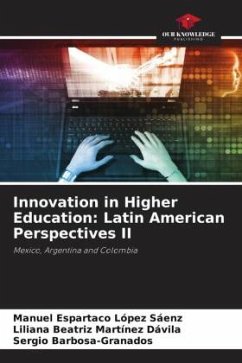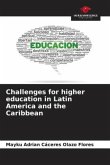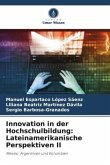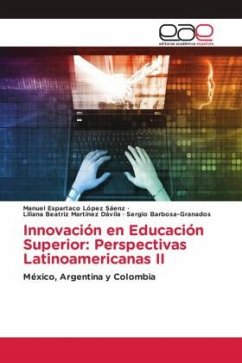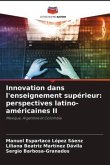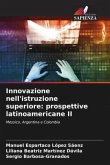Currently, the concept of innovation occupies a large part of the educational debates worldwide, giving rise to a number of proposals, procedures and strategies through which it seeks to incorporate and promote fundamental transformations in educational practices. Basically, innovation implies a constant and systematic process of improvement which contemplates a starting point, but not necessarily a term, that from time to time portrays perspectives on the daily life of classrooms, the organization of educational institutions, the practices and interactions of its members and the institutional culture. In short, educational innovation seeks to transform reality and the beliefs, practices and values that sustain it by rethinking traditional methods and forms of intervention with the aim of improving teaching and learning processes, taking into account an ideological, theoretical-methodological, ethical and reflective component. Thus, the experiences, proposals and research integrated in this second work constitute a faithful testimony of the culture of innovation as a distinctive feature of the thinking and action of its protagonists.
Bitte wählen Sie Ihr Anliegen aus.
Rechnungen
Retourenschein anfordern
Bestellstatus
Storno

